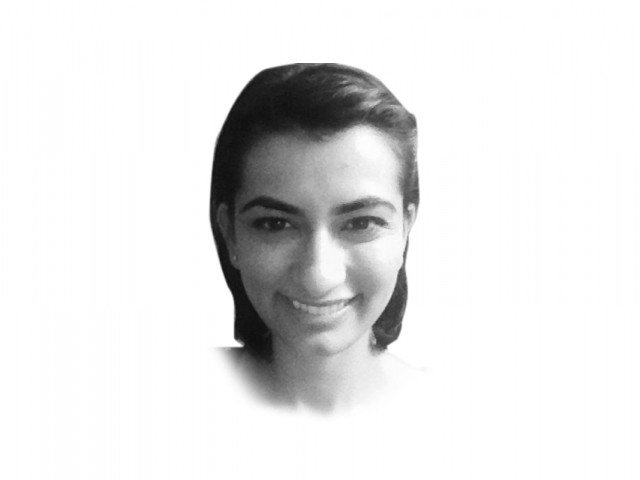Raising daughters
Malala's father deserves recognition of his fatherhood. She represents the best in the next generation of the ummah.

Raising daughters
Pakistani fathers bear a heavy responsibility, trusted to raise the next generation in a society struggling with its religious identity. The child, malleable in her youth, views her father as the initial role model. She grows up in the shadow of her father, holding on to the tail of his kurta, as the man colours the world to his female progeny. The father’s relationship with his wife, his treatment of the orphan and his generosity set the precedent for his offspring.
And what kind of daughter did Ziauddin raise? Malala is an educated, modest and vocal Pakistani Muslim female. From her writings, the reader is introduced to a young girl with nightmares about the armed struggle in her hometown; a continued determination to attend school, despite the accompanying fear of the Taliban; and a politically conscious young mind. Her interviews reveal a young girl cognisant of reality, yet committed to a better future.
Earlier this year, when asked about her role models during an interview, Malala listed three prominent politicians: Benazir Bhutto, Khan Abdul Ghaffar Khan and President Barack Obama. Her diverse selection displays a mind impressed by regional history, sociopolitical movements and foreign policy. Her dream to become a politician is evidence of her father’s belief that discourse is the primary means for social change. Ziauddin taught his daughter the value of dialogue amidst a Muslim community scarred with violence.
Following the assassination attempt, many political-religious leaders blamed the attackers and simultaneously, declared those guilty who propped up Malala as the face of a cause. Indirectly, they coloured Ziauddin’s hands with his daughter’s blood. Yet, I fail to understand this logic. Here is a Muslim father who handed his child a pen, not a knife. He raised a daughter in compliance with Islam, promoting the use of words in face of disagreement.
At this time, we should recognise Ziauddin for his determination and fatherhood. We should support his activism against ignorant social policies that have no basis in Islam. Here is a man who does not cower and succumb to the cultural oppressions of a misguided community. He strives to provide for his daughter, as the Holy Prophet (pbuh) provided for his own. Ziauddin deserves support and recognition of his fatherhood.
Let me be one of many who say to Ziauddin: you did right; Malala represents the best in the next generation of the ummah. Any harm is from the evil of another and not your own. And to all the fathers like you — please do not cower in your fear.
Published in The Express Tribune, November 14th, 2012.












COMMENTS
Comments are moderated and generally will be posted if they are on-topic and not abusive.
For more information, please see our Comments FAQ